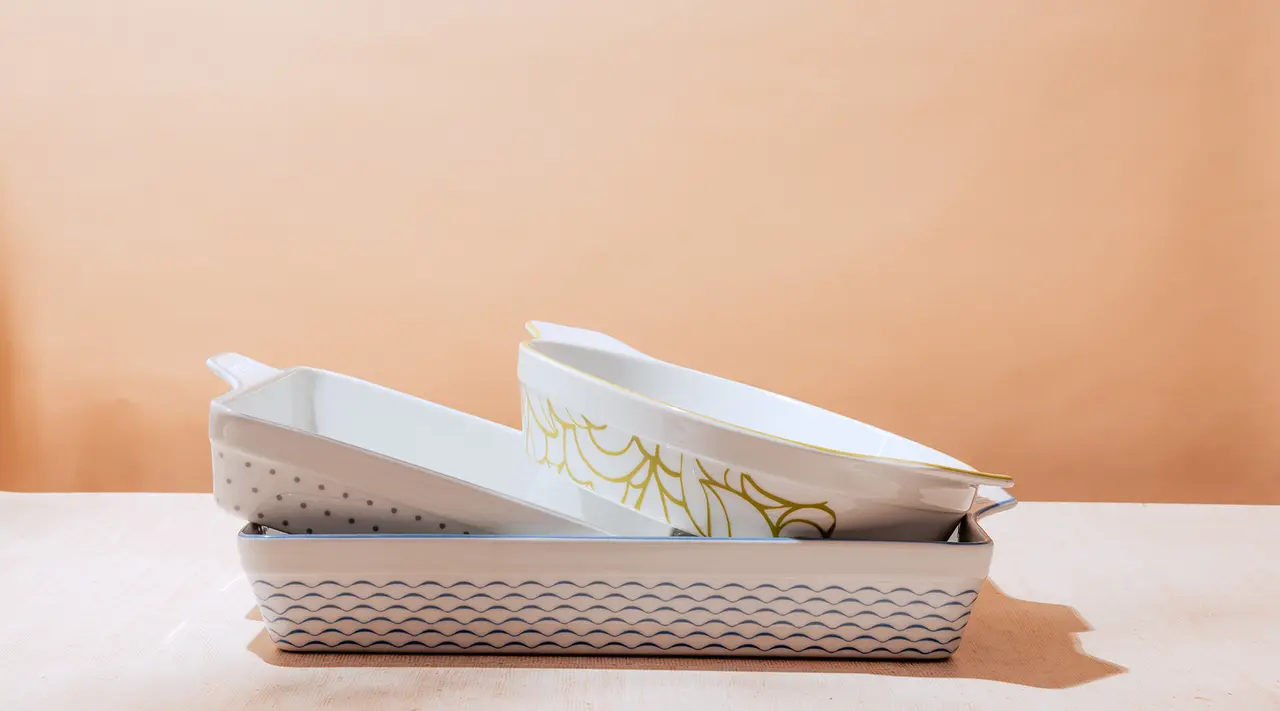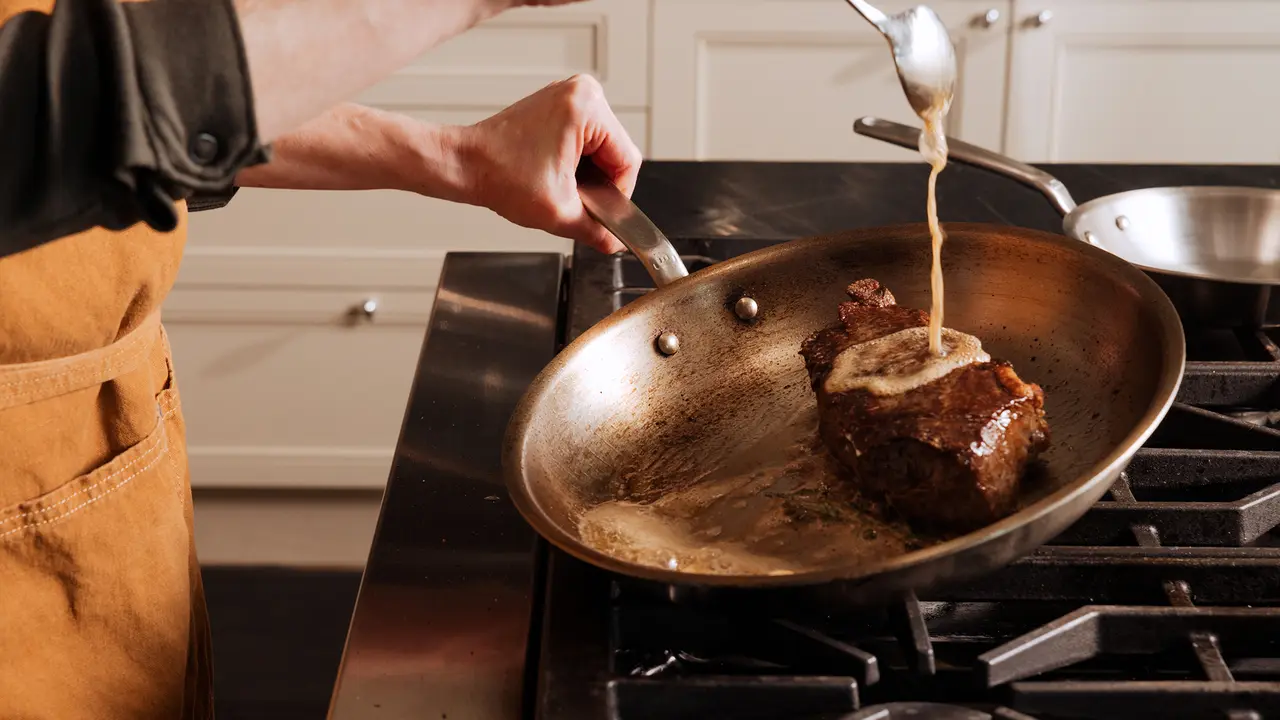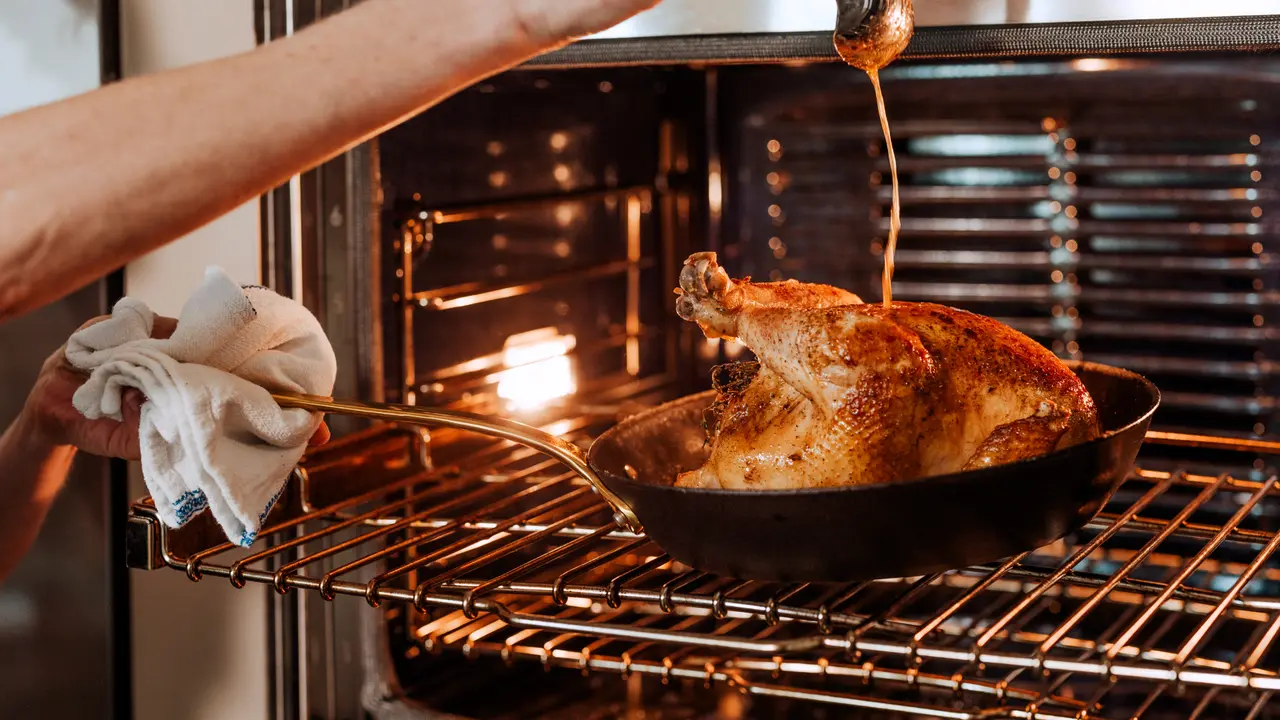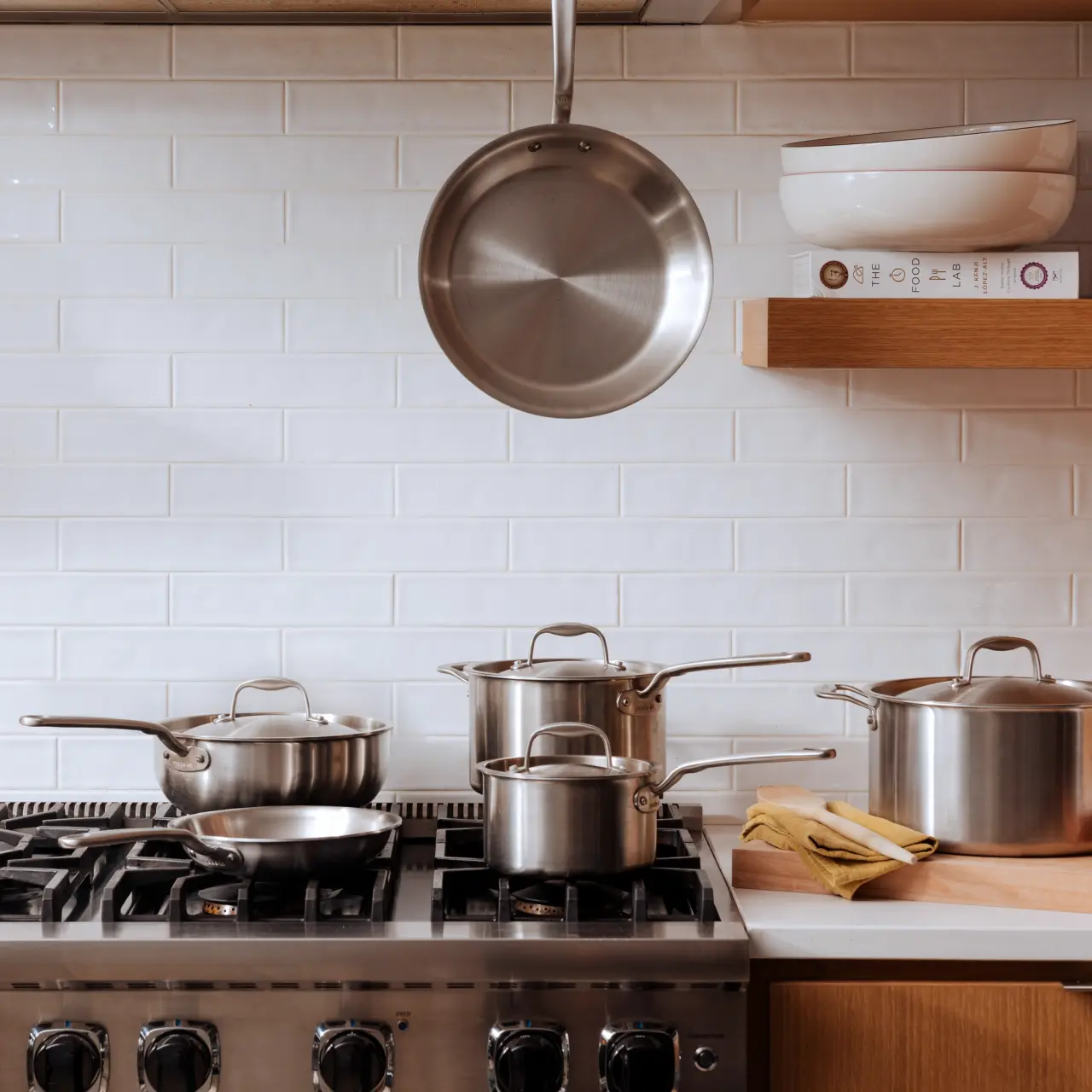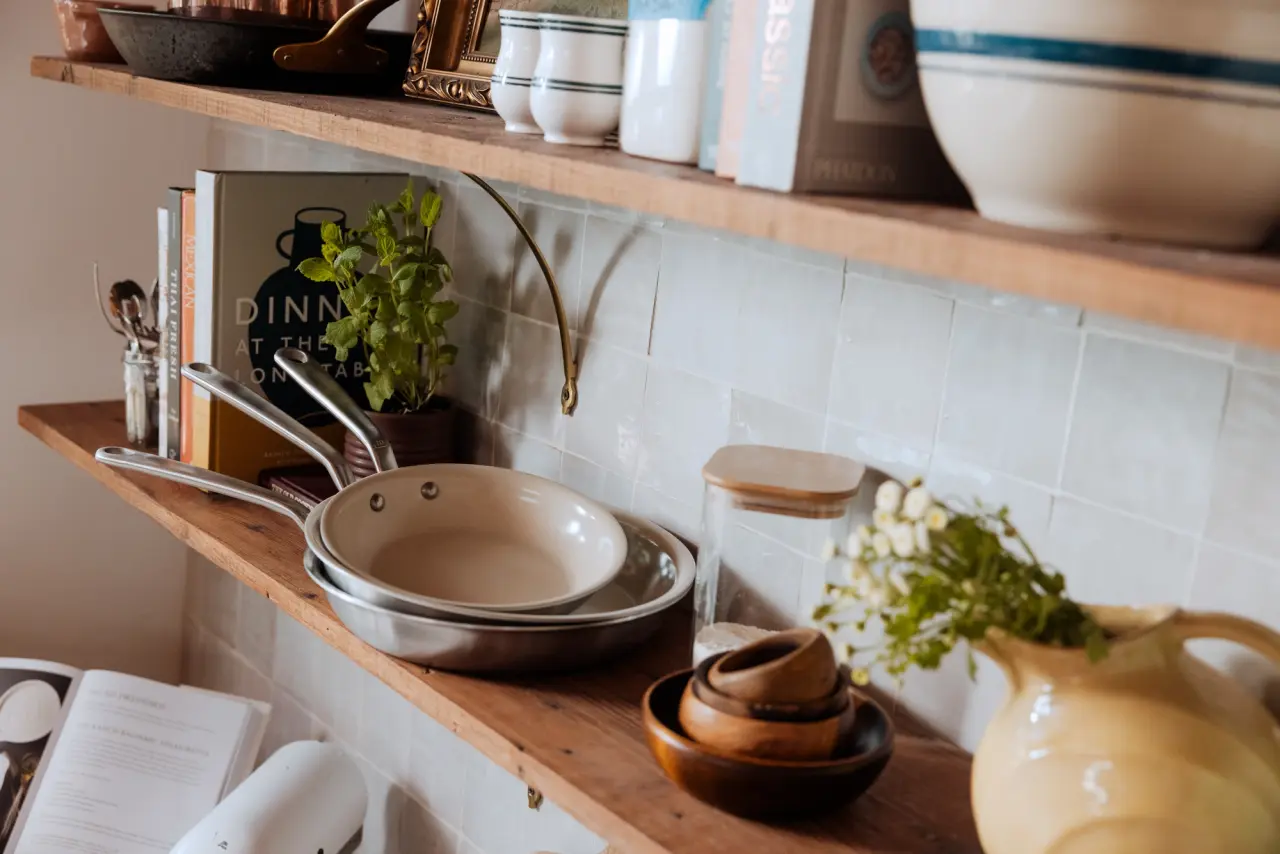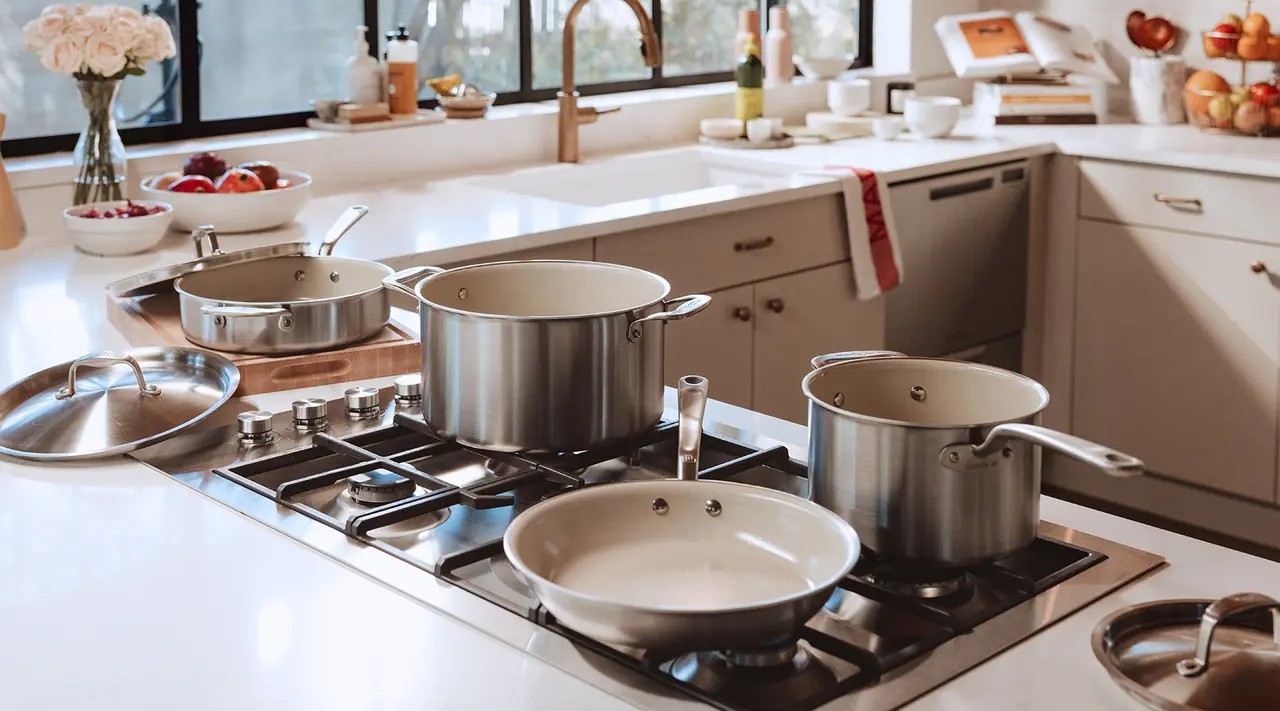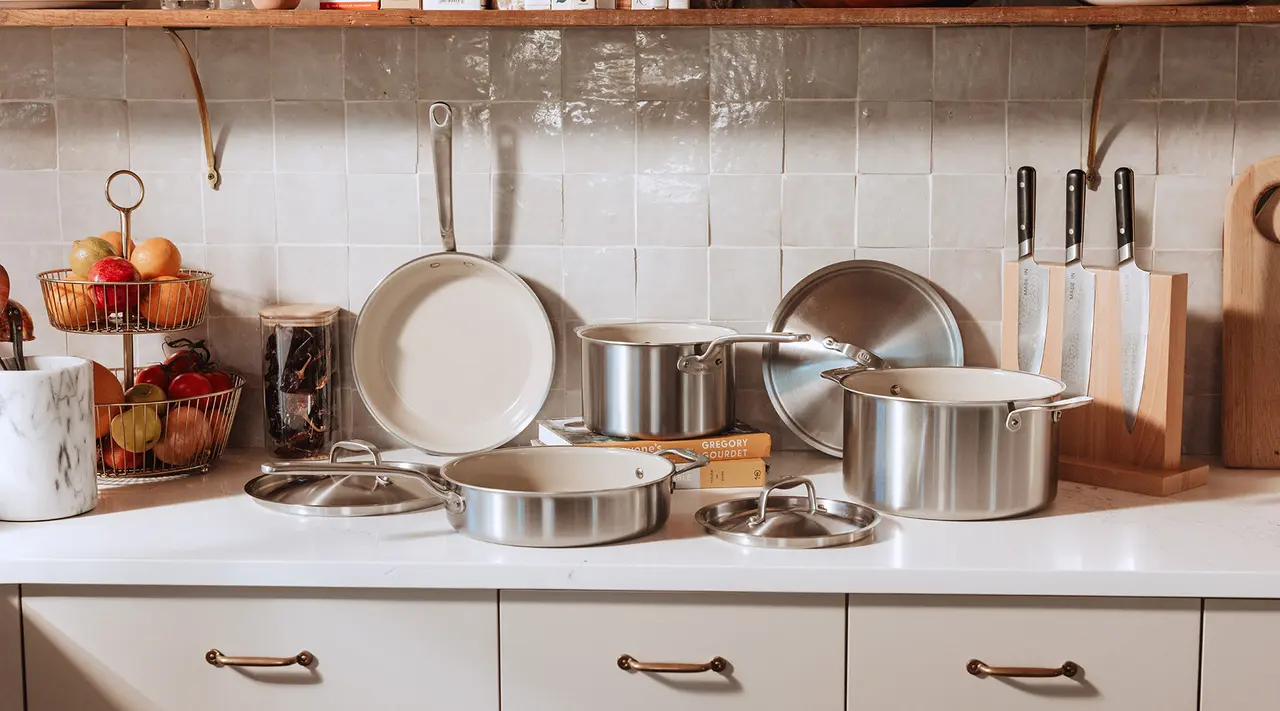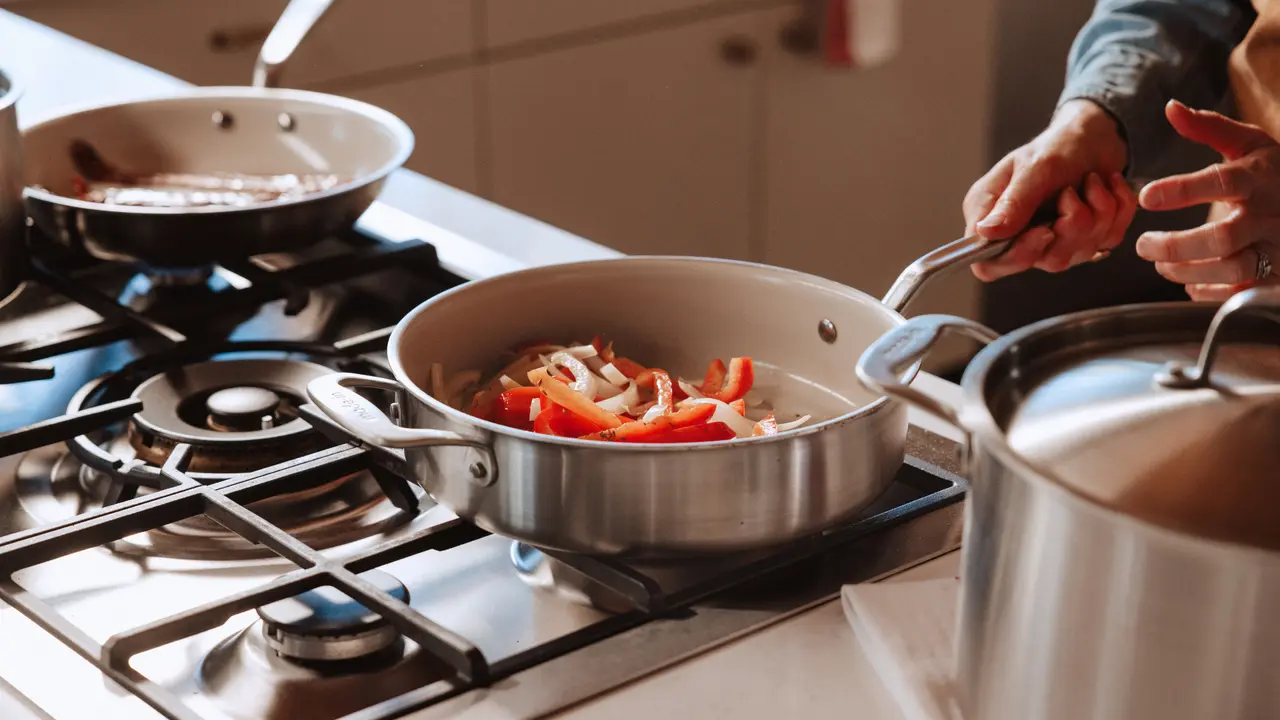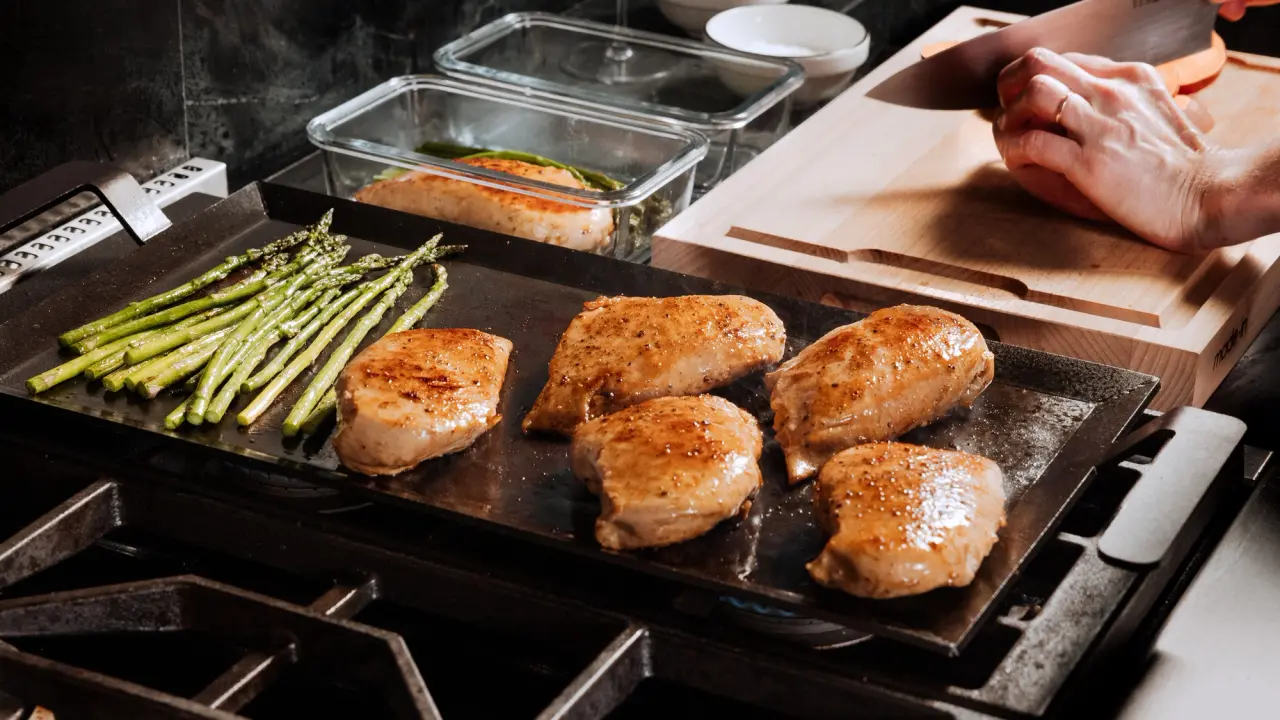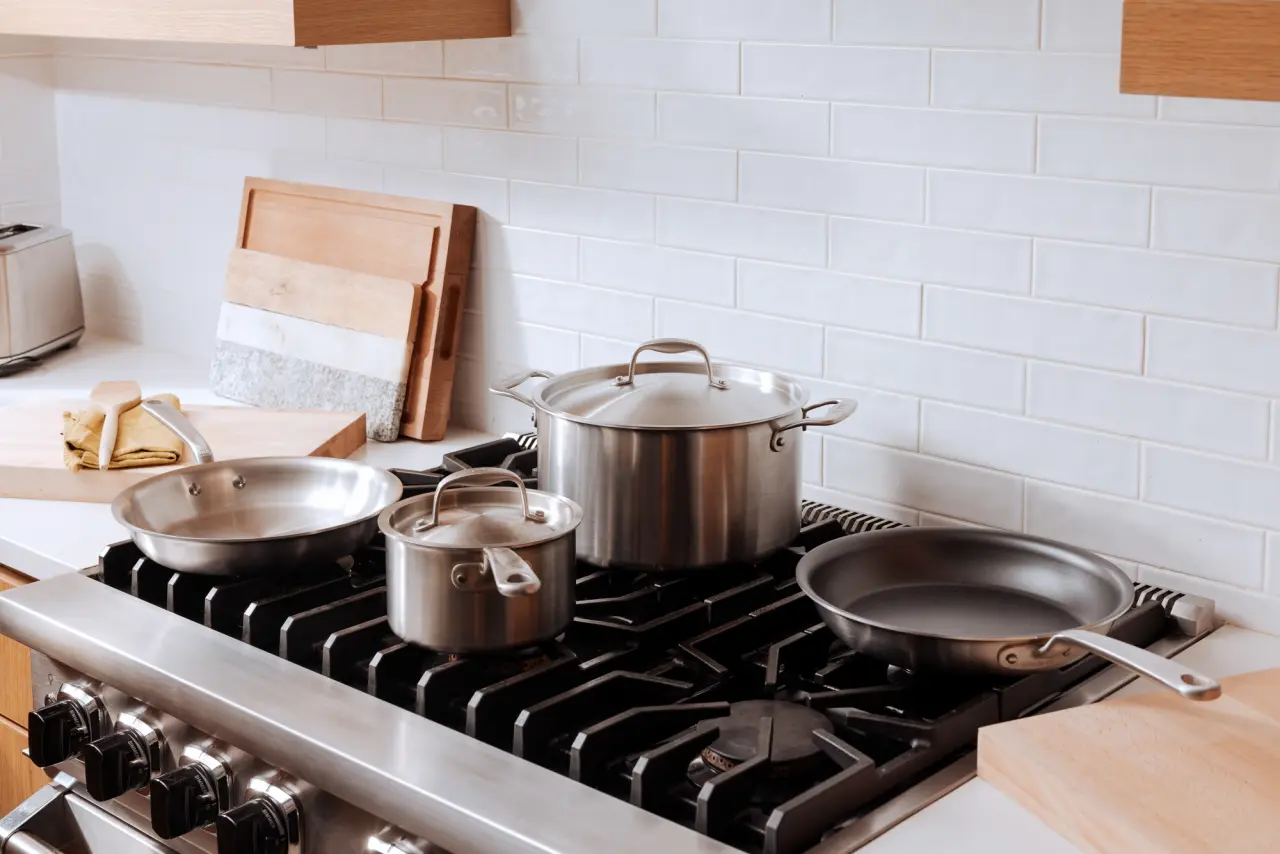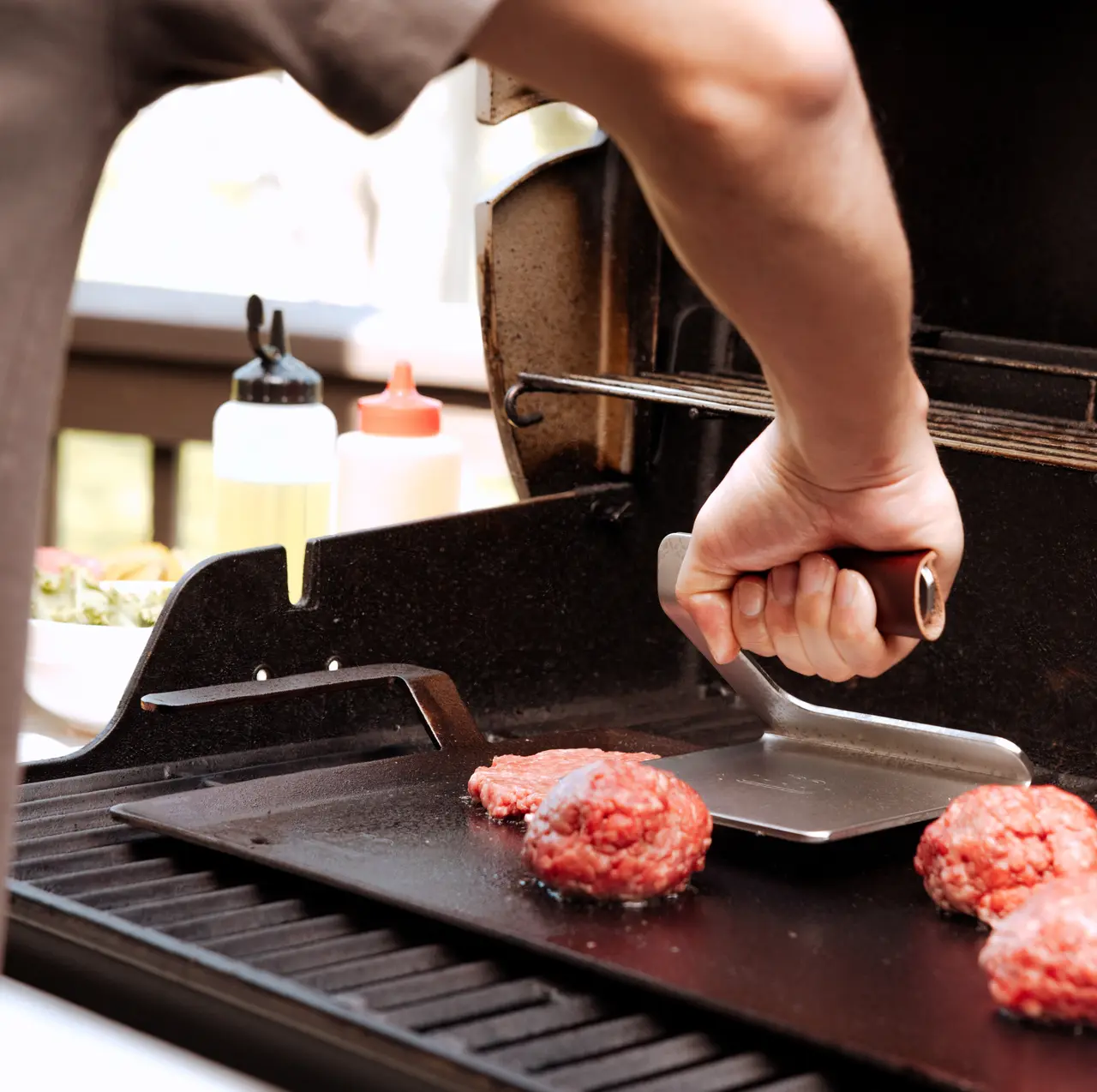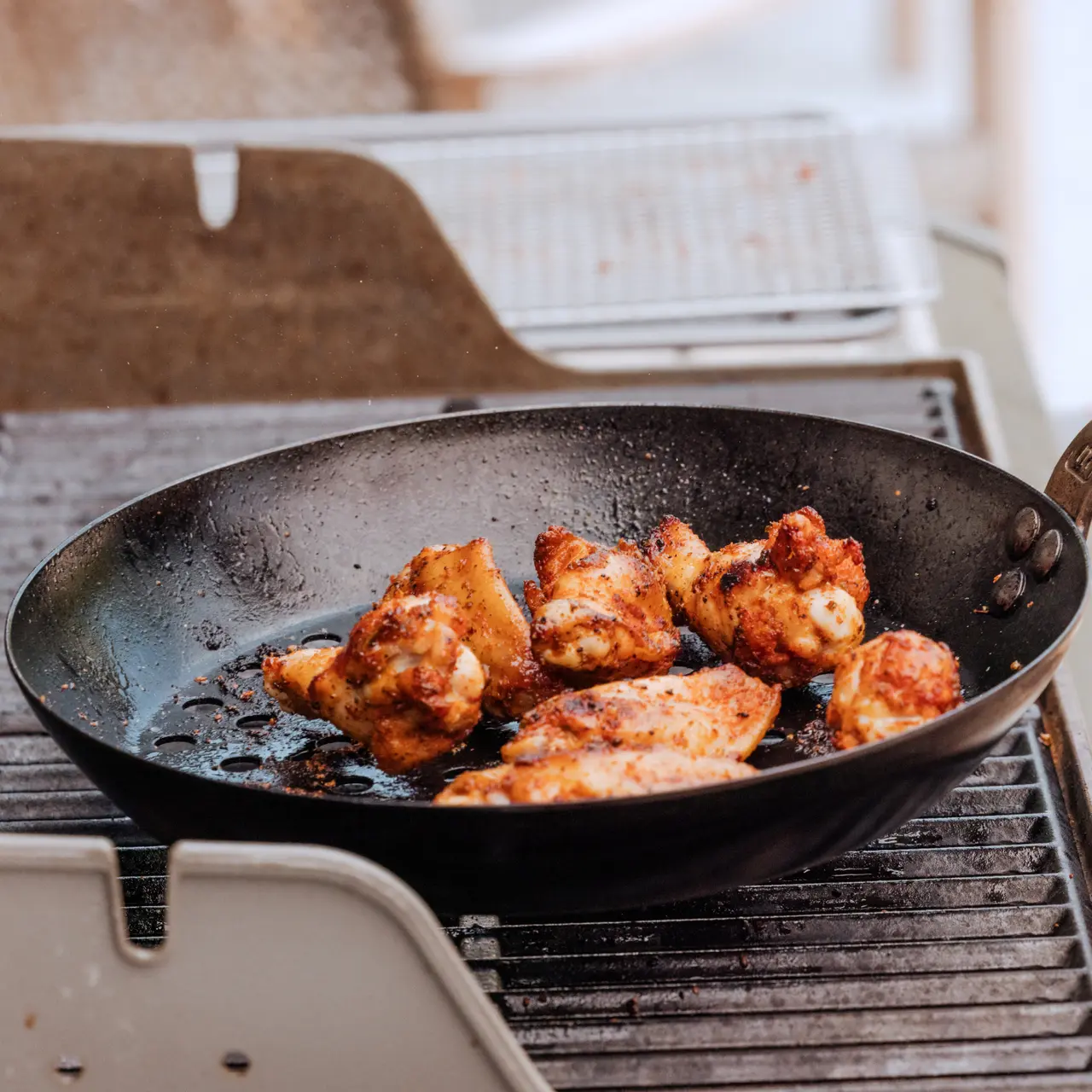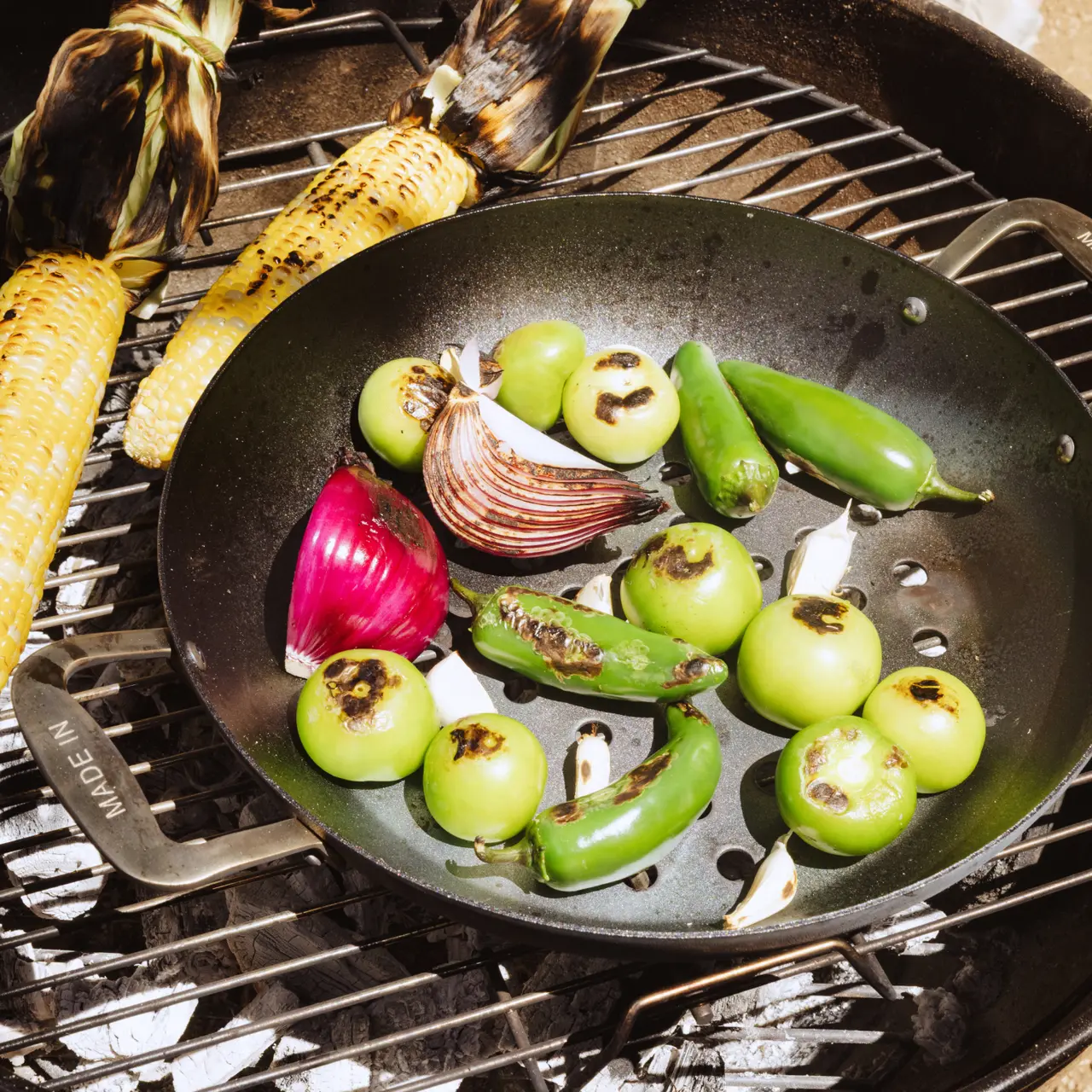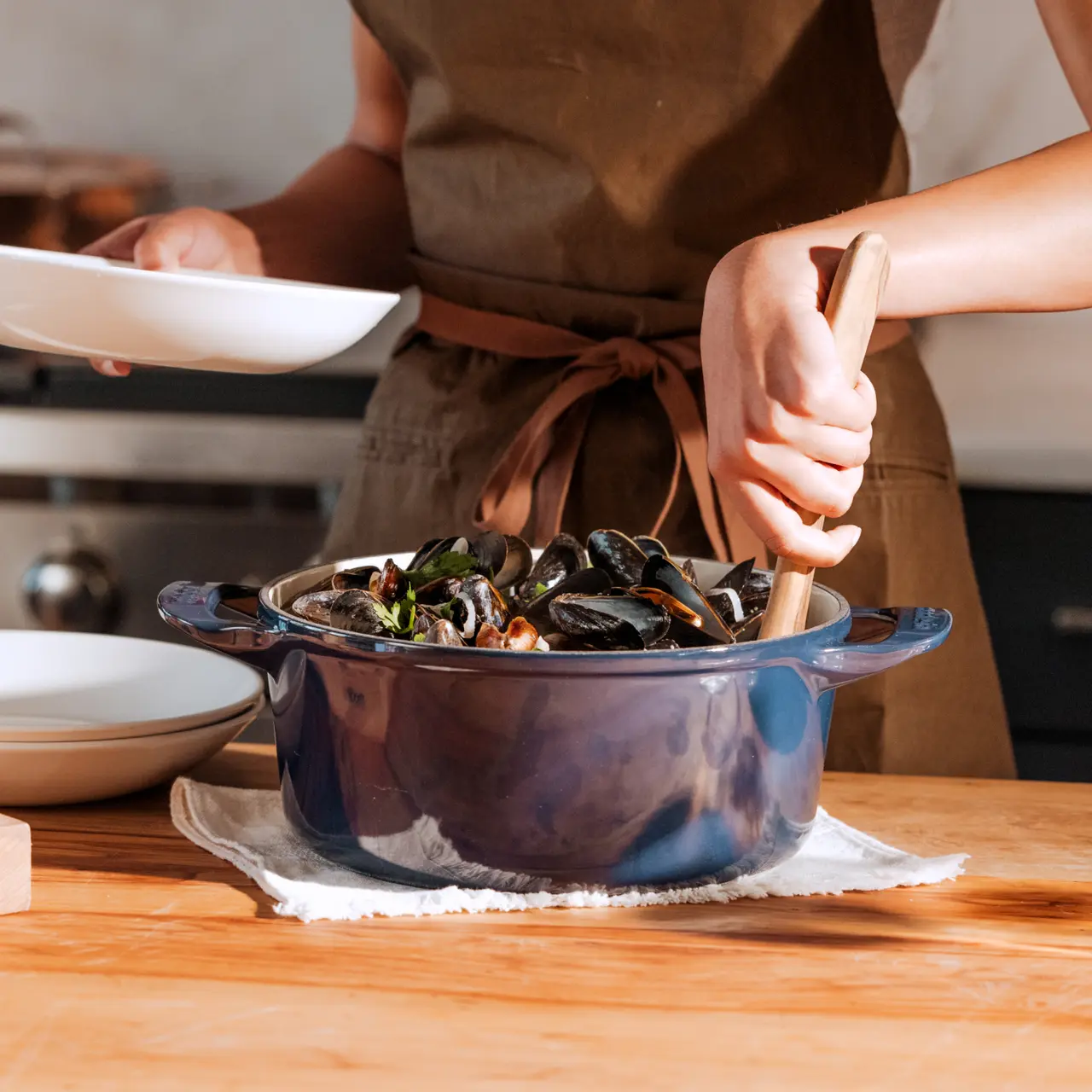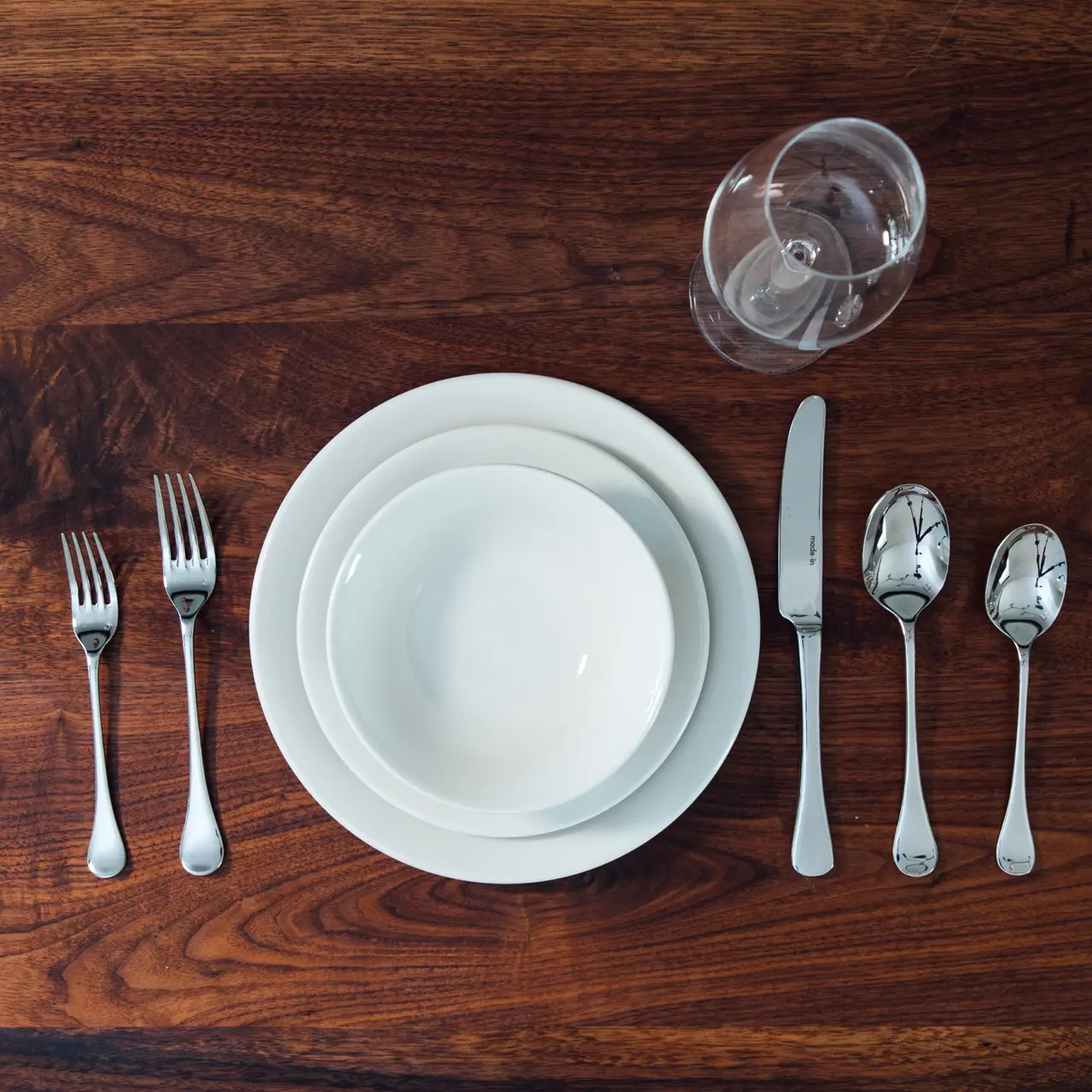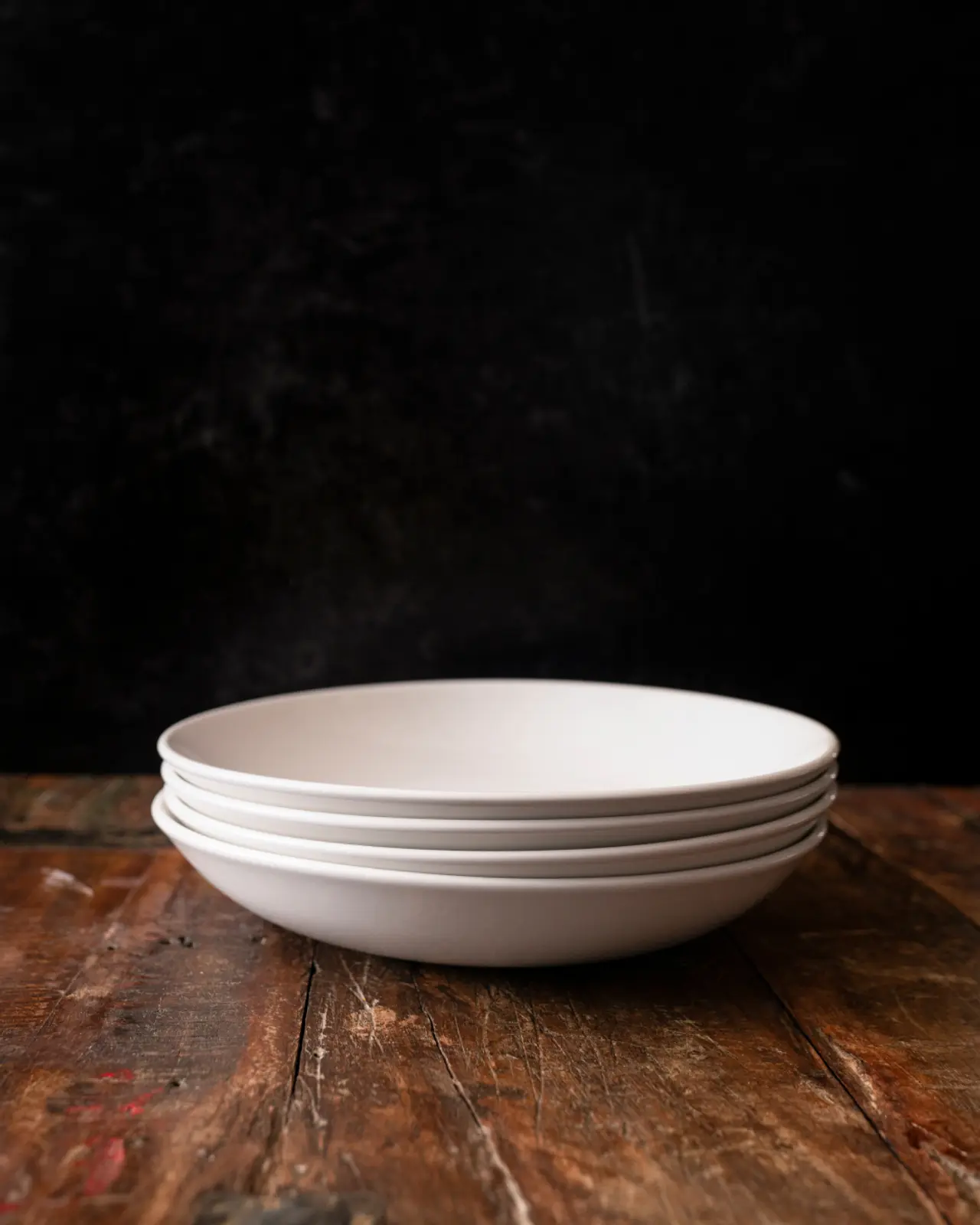While Porcelain Bakeware is not incredibly common, it’s an amazing material to cook with. Porcelain has a naturally non stick surface, is durable enough to handle extreme temperature changes, and ours features a visually stunning exterior that you can serve directly out of. You may be wondering if the same material that your bathtub is made of can really go into your oven—the answer depends on a few factors.
What Is Porcelain?
Porcelain itself is a versatile material that can be used for anything from kitchen and bathroom fixtures to bakeware. Typically, porcelain is made primarily from a mineral called kaolin, which is a type of soft white clay rich in the mineral kaolinite. It's also comprised of other materials like feldspar, bone ash, quartz and alabaster. Along with kaolin, our porcelain is also blended with feldspar and quartz, and 15% of that blend is made from recycled materials.To make porcelain, the materials are combined and molded to the desired shape, then heated in a kiln to temperatures between 2200F—2600F. They are then cooled and decorated after firing. Porcelain is prized not only for its stunning look, but also for its extraordinary durability.
Due to its composition coupled with the high temperatures used to fire it, porcelain has an extremely high density, mechanical resistance and low porosity. Additionally, our porcelain has 0% porosity, which makes it resistant to damage caused from thermal expansion and contraction—meaning your Bakeware can go from the oven to the fridge without cracking.
Is Porcelain Oven-Safe?
Once fully fired, porcelain can endure very high temperatures. Our Porcelain Bakeware (https://madeincookware.com/blogs/best-bakeware-material) has a heat safety rating of 650F, meaning it’s oven and even broiler-safe, so you can feel confident in placing a casserole under the broiler to brown the top.
Additionally, porcelain is quite resistant to low temperatures. It can go in your freezer for recipes like icebox cakes and terrines. While most porcelain is resistant to extreme temperature fluctuations, not all porcelain can go straight from freezer to oven like ours. As with any material, not all porcelain is created equally and there are a few things to be on the lookout for when baking with it.
How to Use Porcelain in the Oven SafelyFirst, be sure to check the manufacturer specs to see what the top and bottom end temperature ratings are. Most porcelain is rated for oven and freezer use, but some manufacturers have smaller heat ranges due to the material composition and firing process. This can affect your ability to make certain dishes.
Next, check to see if the manufacturer states whether their porcelain can go directly from the freezer to the oven, or if it needs to be tempered. While porcelain is thermal shock resistant, it’s always best to verify that the manufacturer states that going from freezer to oven is safe so you don’t risk breaking your bakeware.
Finally, if a recipe states to grease your pan, be sure to follow that instruction. While porcelain is typically naturally non stick due to its low porosity, any pores can sometimes cause sticking. In our case, our Bakeware has 0% porosity, but other manufacturers may make different claims. It is always best to grease your pan if the recipe calls for it. That way you avoid a big mess when you’re done cooking.
Additional Porcelain Tips
There are numerous benefits to cooking with porcelain in addition to its wide temperature safety range. Not only is it freezer and oven safe, it is also microwave safe, dishwasher safe, and easy to clean since it's naturally non stick. Remember to use wooden or silicone utensils to preserve the surface, though the occasional and gentle use of metal is alright if needed.
To clean any stuck on food bits, allow the pan to soak with hot water for half an hour, then scrub with a non abrasive sponge. If the food is really stuck on, you can sprinkle a bit of baking soda on the affected area, douse in some distilled vinegar, and scrub lightly with a sponge. For more specifics, check out our full guide on how to care for your Porcelain Bakeware.
Ready to Shop?
Having a piece of Bakeware shouldn’t be cause for concern. With our Porcelain Bakeware, you never have to worry about being precious with it. It's incredibly easy to use, clean and care for. Now you can make dishes like Chef Cheryl Day’s Wildflower Honey-Caramel Buns worry free.
